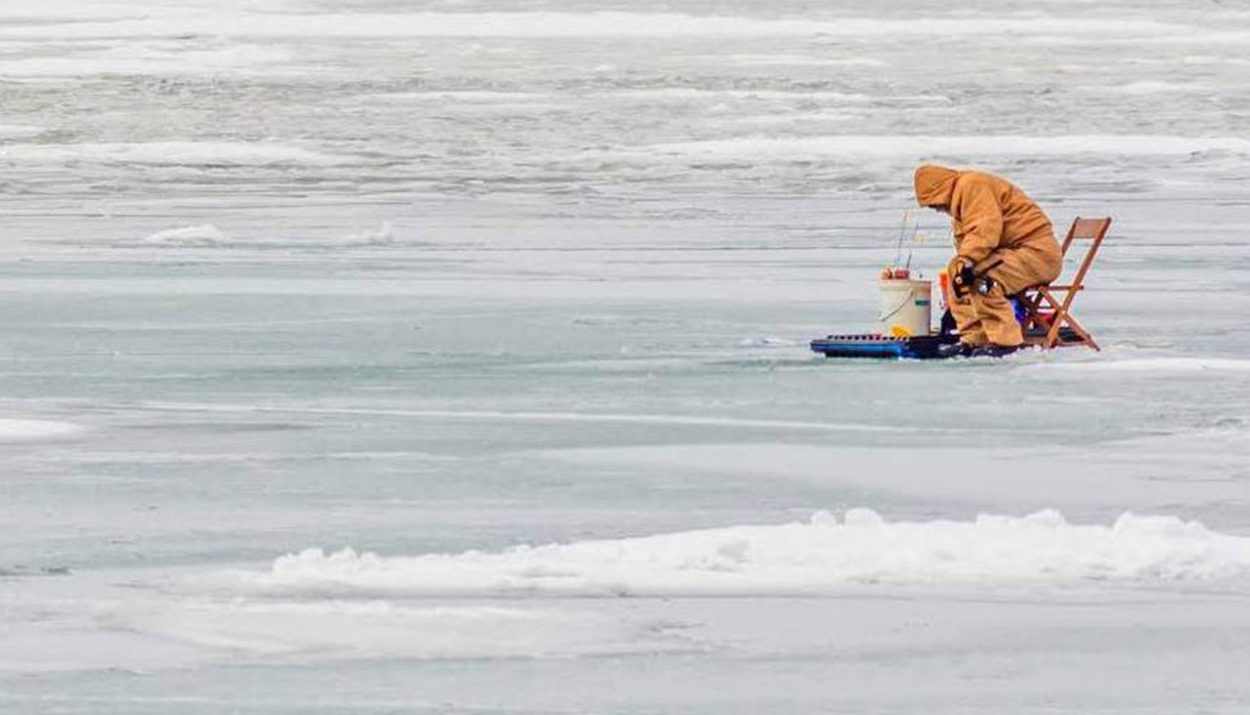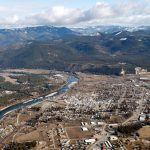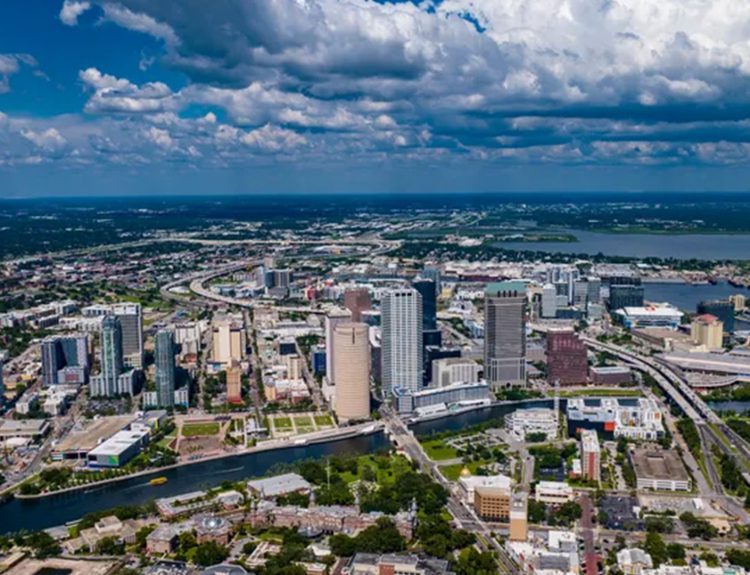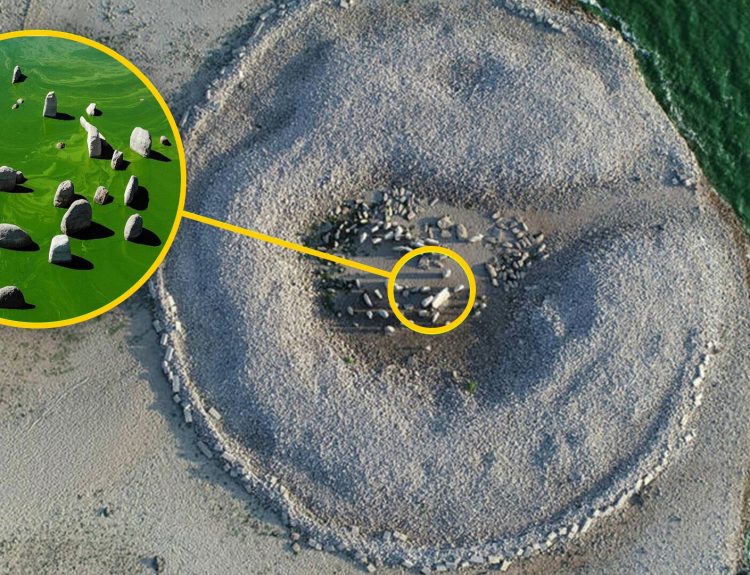New England’s ice fishing areas are among the most well-renowned in the country. However, warmer temperatures are driving these ice fishermen off their hunting grounds much earlier than they ever have before. Let’s examine what this could mean for these ice fishermen and their pastime.
New England Has a Proud Tradition of Ice Fishing
From the earliest days of New England’s settlement, ice fishing has been a mainstay for people living there. Native Americans would spend time fishing on the ice for sustenance.

The tradition evolved over centuries, with communities organizing ice fishing derbies and tournaments. It remains a beloved winter pastime, blending heritage with modern techniques.
A Traditional Hobby for Many
Many of the current New England ice fishermen who do this as a hobby have been doing it since they were kids and grew up learning how to ice fish from their fathers and uncles.’

Many of them have been unhappy about the shorter and shorter ice fishing seasons lately. However, there’s nothing any of them can do about it aside from waiting to see if things improve in the future.
Melting Ice is a Real Concern
In the past, the ice remained packed solid, allowing ice fishermen to set up their bob-houses, which are small shelters that will enable them to fish on the ice undisturbed for the long haul.

This last season, the temperature has remained high through winter. In some areas, it didn’t drop below 0 degrees Fahrenheit, which hasn’t happened since the 1950s.
Rapidly Melting Ice Leads to Scrambles
The winter was so mild this year that many ice fishermen had to scramble for their bob-houses as the ice melted around their feet. Some say it’s the first time they’ve ever experienced something like this.
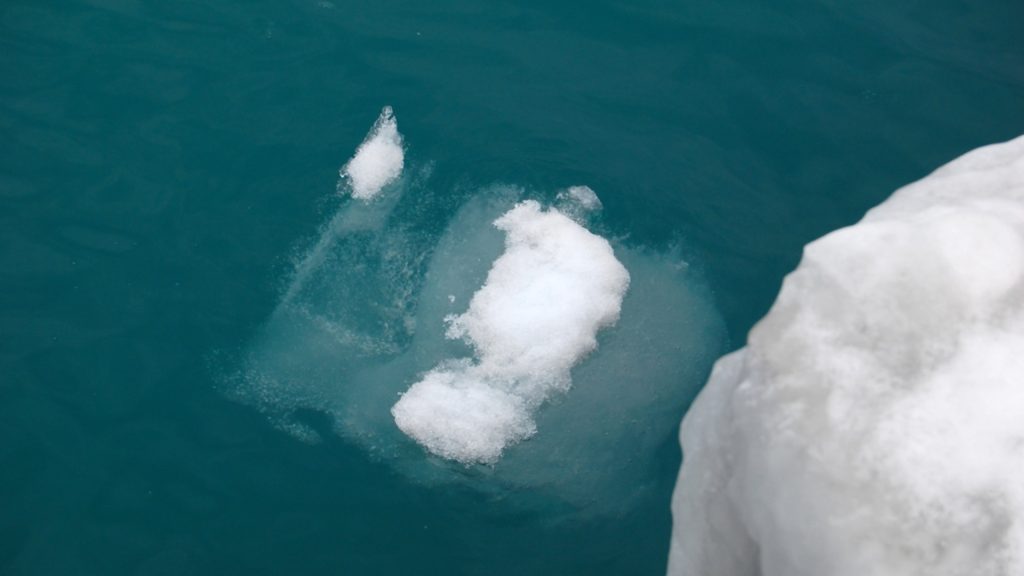
Fishermen have admitted that this is probably the result of global climate change affecting their pastime. They lament the fact that they’re losing their hobby because of something they can’t change.
A Pastime To Build Bonds
For generations, ice fishermen have forged friendships and relationships with their families through the pastime. From the traditions to the methods, many things have remained unchanged for a long time.
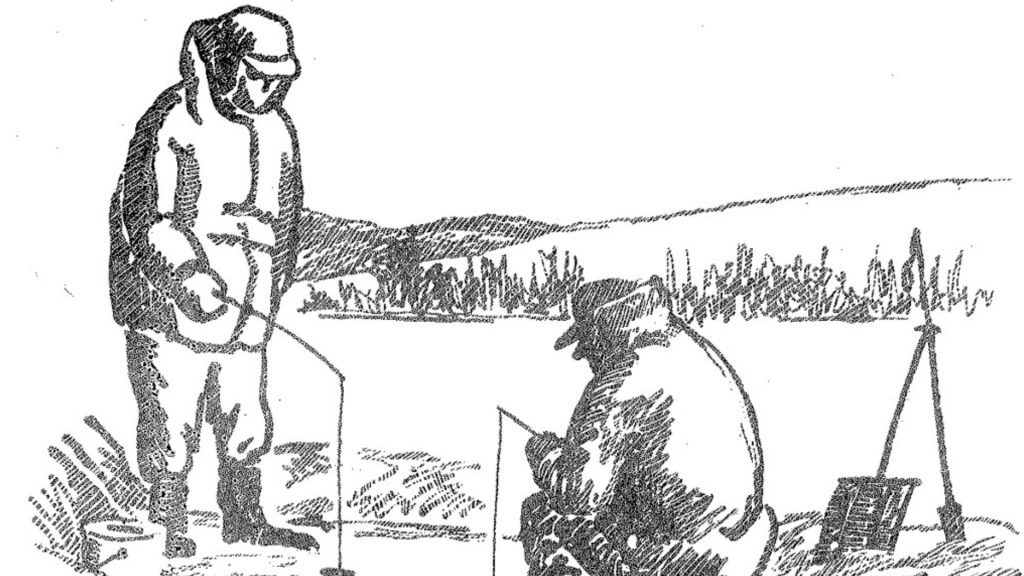
Unfortunately, with such a short season to work with, this bonding exercise might become a thing of the past. Fishermen have only a brief window to use for this pastime now.
Climate Change Has Hit Many Communities
Melting ice might not be high on most people’s concerns, but it highlights how climate change has affected and continues to affect smaller communities. These people might even lose a hobby they’ve had for generations.

An increase in freshwater could harm some ecosystems, and the early melt might also cause more problems than anyone can imagine.
A Global Problem
Despite the constant warnings and suggestions coming from scientists worldwide, it’s only when something directly impacts a community that people take the threat of climate change seriously.
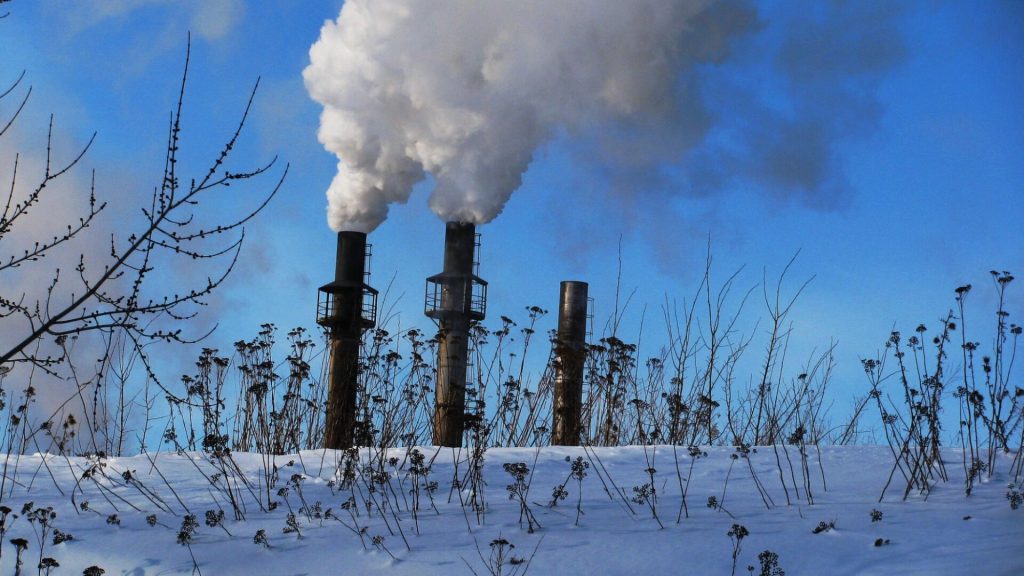
As temperatures rise, polar ice caps begin to melt, raising sea levels and creating more powerful storms. In the last decade, we’ve experienced some of these with catastrophic destructive power.
Commitments In Place to Address Global Temperature Changes
Some commitments from world governments already exist to examine temperature changes. The Biden Administration intends to cut the US’s pollution output by 2% before 2030.

Climate change summits allow nations to meet, discuss the threat to everyone’s well-being, and get assurances that countries will do what they can to mitigate this crisis.
Not Everyone Is Okay With This
While many countries see this as a global catastrophe looming, others see it as a ploy to ensure that developing nations can no longer grow at the same speed.

Thanks to their low-level industrialization efforts, developing countries tend to produce a huge amount of pollution. Forcing them to cease their actions will damage their ability to grow and compete globally.
Humans Are the Reason for Climate Change
Human activities, notably burning fossil fuels like coal, oil, and natural gas, are primarily driving climate change. These fuels release greenhouse gases such as carbon dioxide and methane into the atmosphere.
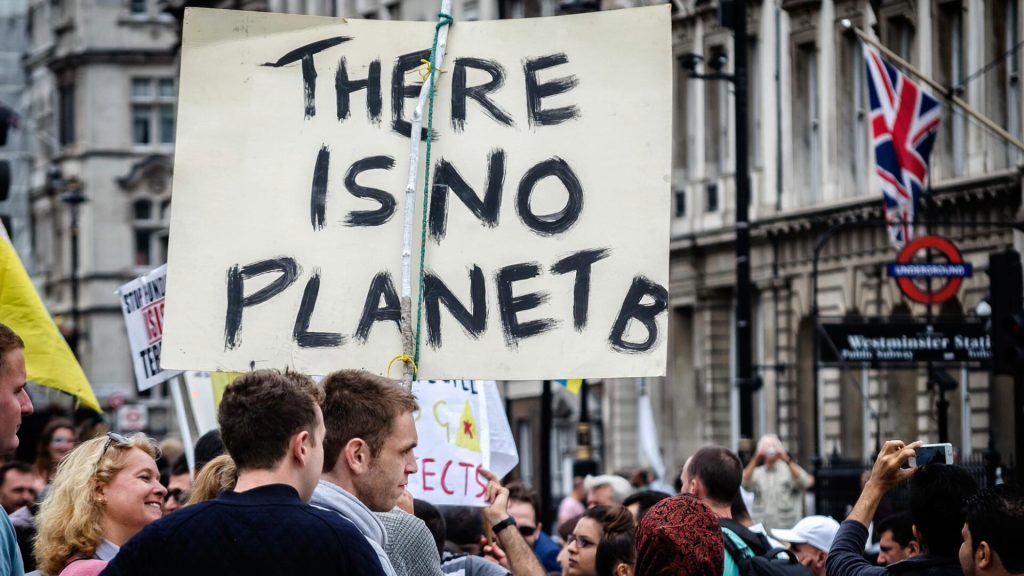
Deforestation worsens the issue by reducing the Earth’s capacity to absorb carbon dioxide. Industrial processes, agriculture, and land-use changes trap heat in the atmosphere, leading to global warming.
Is Pollution Really That Important?
Pollution adds greenhouse gases to the atmosphere, which leads to the earth’s surface heating up. Additionally, pollutants such as black carbon (soot) can absorb sunlight, increasing atmospheric temperatures.

Industrial activities, transportation emissions, agriculture, and deforestation are significant sources of pollution that exacerbate global warming, leading to climate change impacts.
A Collision Course with Disaster
Global warming is an existential threat to our civilization like we have never seen before. Increased global temperatures mean harsher weather and worse disasters like flooding and famine.
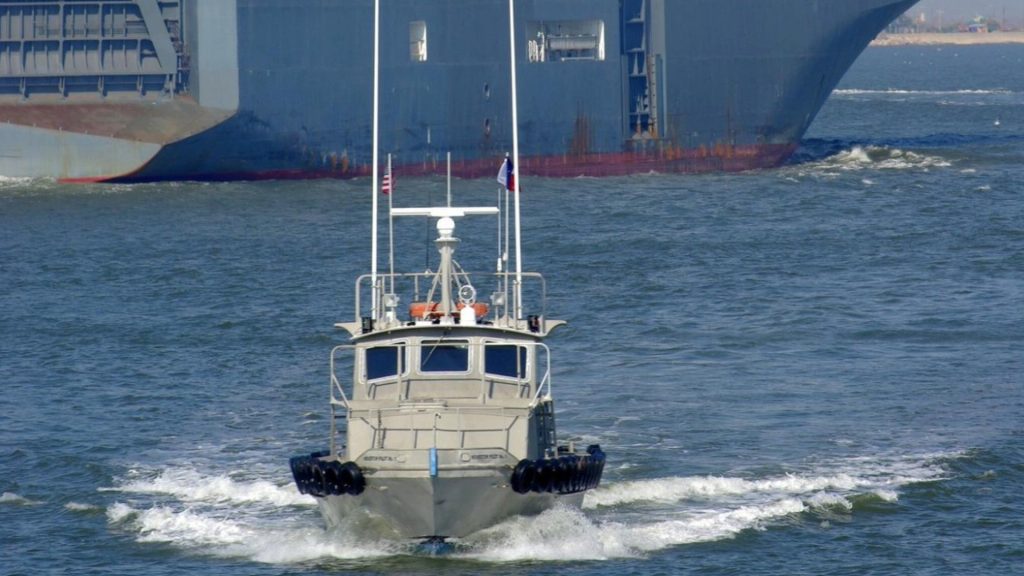
Some countries have already felt the brunt of global warming and rising sea levels. As global temperatures continue to rise, close to a dozen Pacific islands have already been submerged by the sea.
What This May Mean for New England Ice Fishing
While New England is in no danger of going underwater, climate change has its own havoc to wreak in this part of the country. Warmer temperatures mean a shorter ice fishing season.

However, if things continue the way they’ve been going, it could mean the end of ice fishing forever in this part of the country. It’s the loss of a hobby that many people will lament since it played such a massive part in their upbringing.
Will New England Ice Fishing Survive?
It’s too early to tell whether New England’s ice fishing pastime will survive global climate change. If it does, the season might only be a weekend long as opposed to several months as it is now.

For those who enjoy the hobby, they have a few choices. They can either move further north and follow the retreating ice to get their ice fishing fix or consider switching to open-water fishing. As climate change continues, the season for that will extend and swallow up the current ice fishing season almost entirely.

